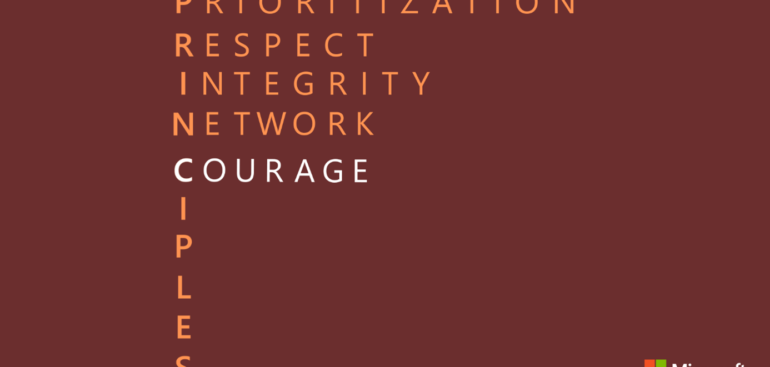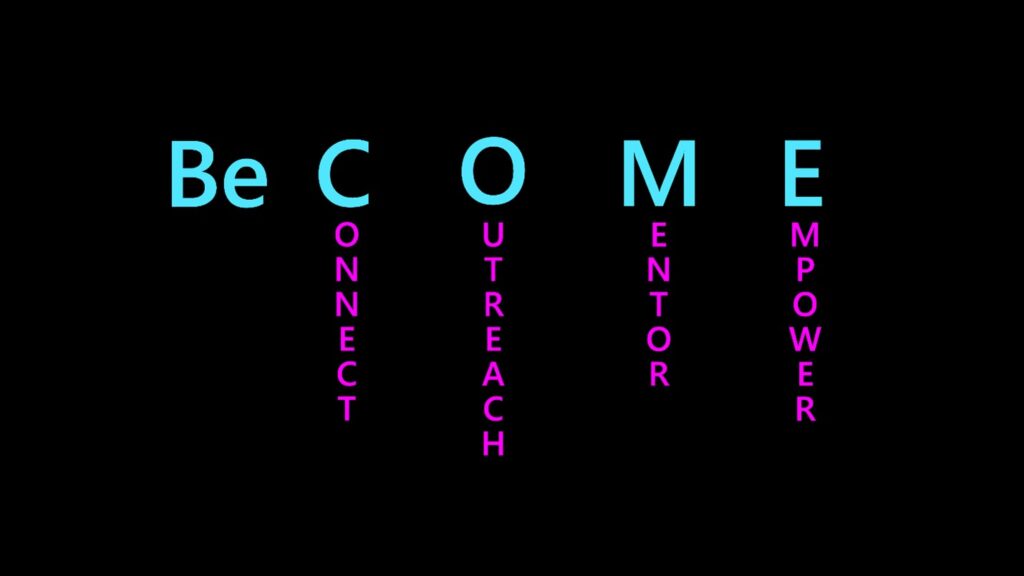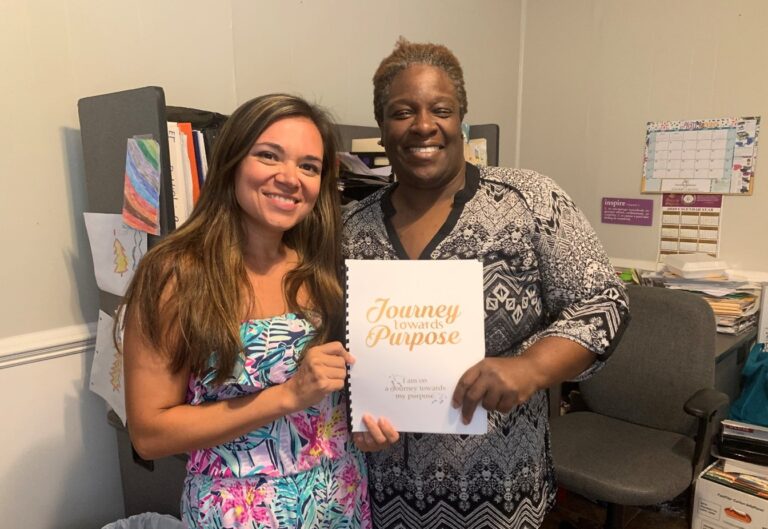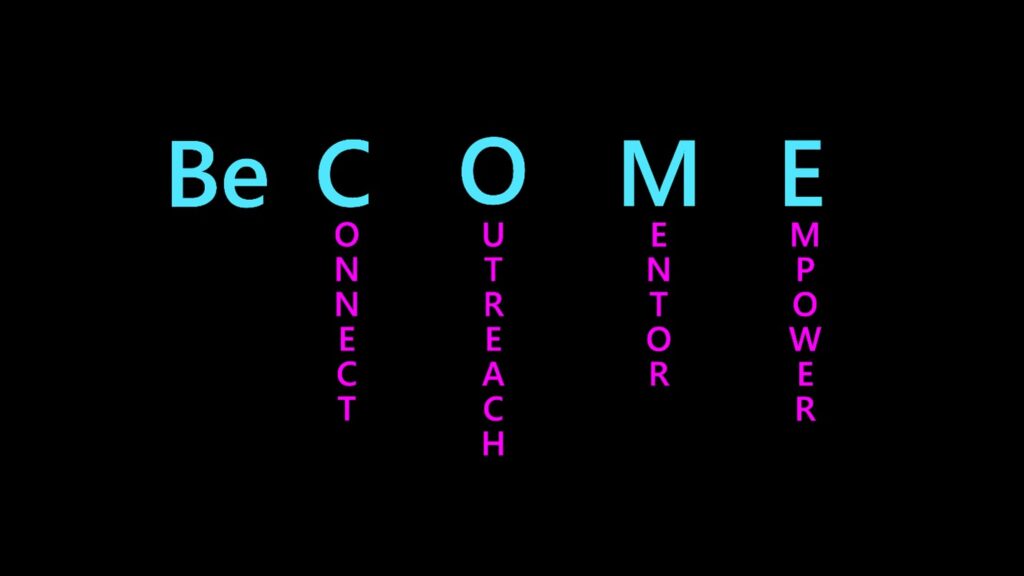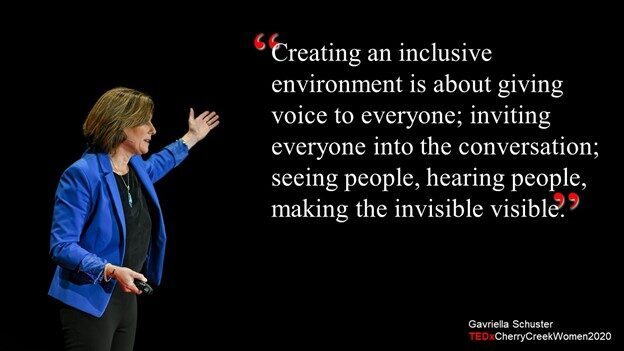What’s the most courageous thing you’ve ever done? Something that makes your stomach hurt just thinking about it? Bungee jumping? Skydiving? Delivering a presentation in front of a packed room?
No doubt all those scenarios require courage. But when I think of that word courage, my mind doesn’t first go to those big, nausea-inducing moments. Instead, I think of the everyday experiences we find ourselves in that demand courage.
According to the Merriam-Webster Dictionary, courage is the “mental or moral strength required to venture, persevere, and withstand danger, fear, or difficulty.”

When you’re sitting in a meeting and you have an idea that might be challenged, it takes courage to share it anyway. Conversely, when someone says something you disagree with, it takes courage to share your opinion with the group.
When I first started attending meetings with the Senior Leadership Team at Microsoft, it took all the courage I had to jump in and share my thoughts. In a group environment like that, it’s easy to feel vulnerable. You’re letting your guard down and opening yourself up to new teammates and new types of feedbacks. It takes nerve to put yourself out there.
Know yourself—and practice stepping outside your comfort zone
So, how do you muster the courage in situations like that? You need to know yourself, be unwavering in your beliefs and have an opinion. You also need to practice having courage.
Before you go into a situation where you think you might need to muster some courage, ask yourself a few questions:
- How do I feel about the idea being proposed?
- What experiences have shaped that opinion?
- How can I help others look at things from a new perspective?
When you’re able to consider and answer those questions, it’s easier to overcome the fear of feeling foolish, embarrassed or being incorrect. But you have to practice and be willing to put yourself out there.
Although It may feel uncomfortable, you need to embrace that energy and use it to become emboldened and courageous in whatever environment you find yourself in. The more you force yourself to step out of your comfort zone, the less nerve-wracking it becomes.
Share and listen
Having courage is something you owe yourself and the people you interact with. If someone says something that makes you feel excluded or disrespected, you need to stand up for yourself and share how their words made you feel.
By speaking up, you give others the opportunity to understand your thoughts and how their statements or actions have impacted you. If you don’t speak up, you rob yourself of the chance to deepen your relationships, to feel proud of yourself, and to honor yourself with the respect you deserve.
Now, courage isn’t just about speaking up or taking action. It takes equal courage to be a good listener too. You need to understand that other people in the room may be feeling uneasy too. You can help them by being a courageous listener. Ask yourself:
- Am I open to opinions other than my own?
- Am I able to make space for people courageously contributing to the conversation?
- Do I have the courage to learn from critical feedback and push ahead with new perspective?
Courage is a core principle that takes confidence, willingness, and practice. We all have it within us to overcome our fears and help each other be courageous.
Have a great week everyone!

